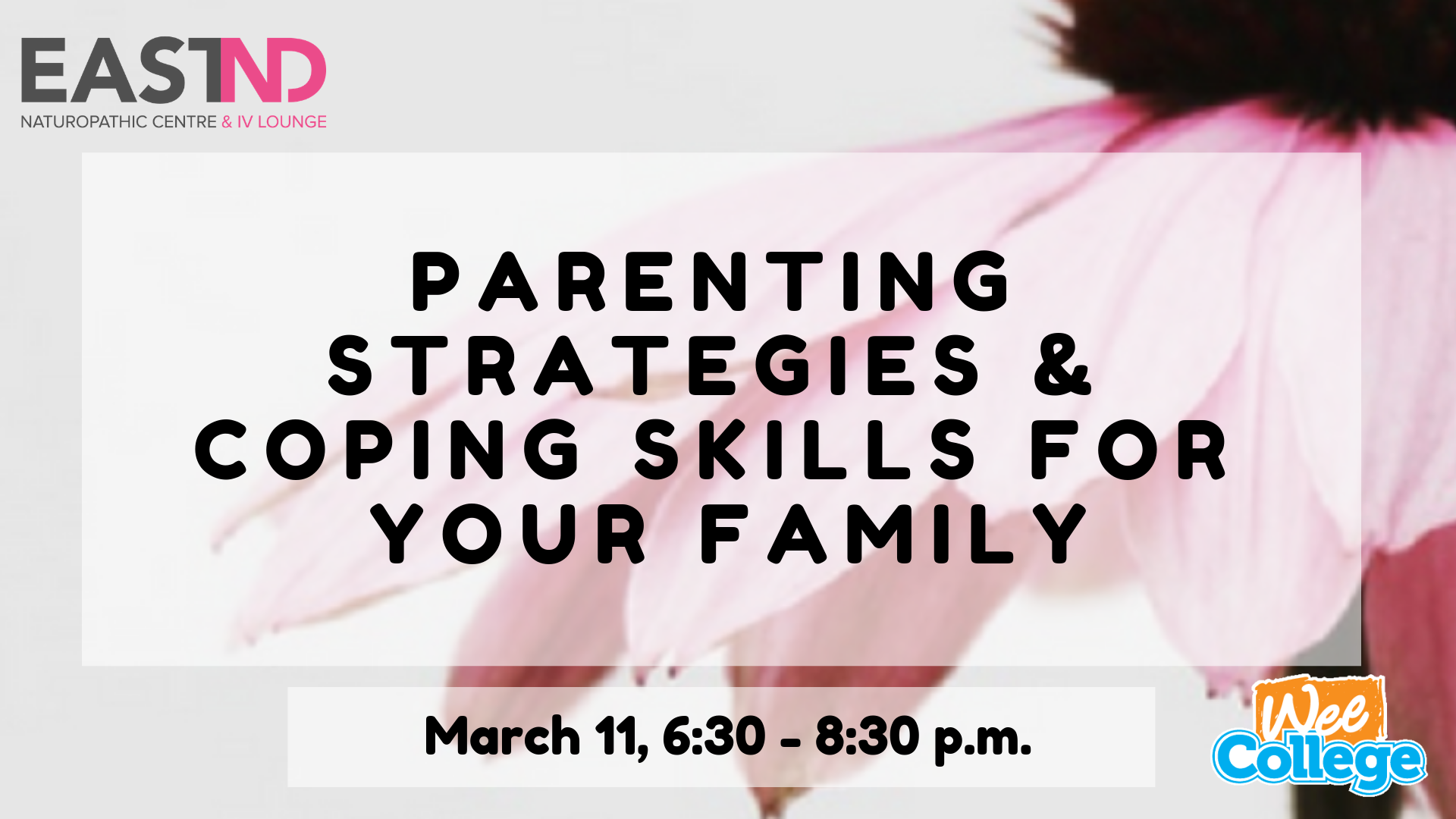
Parenting Skills and Coping Strategies Workshop in Moncton
March 1, 2019
Celebrating Extraordinary Women on International Women’s Day 2019
March 8, 2019Childhood Stuttering Strategies For Your Child – Guest Post by Tiffany Dixon of Talk With Me
Looking for help on how to build your child’s communication skills?
We are BEYOND excited to introduce you to someone we’ve been talking with recently.
Tiffany Dixon, speech-language pathologist with Talk With Me, started her journey with speech-language pathology as a child. She had speech therapy to correct a lisp, and says she found the career both rewarding and interesting ever since. She went on to explore the career during high school as a co-op student and then received her Master of Science in Human Communication Disorders from Dalhousie University in May 2005.
Read on as Tiffany walks you through childhood stuttering and teaches you how to promote smooth speech.

Childhood Stuttering
Stuttering is a speech problem in which the smooth flow of words is interrupted. Many children between the ages of 2 and 5 go through a stage of development where they stutter. The length of this stage varies – most children will stop stuttering within the first year after it starts. Most children who start to stutter before the age of 5 will stop without any need for treatment.
** Stuttering by children aged 2 to 5 years is often a normal part of learning to talk. **
Strategies to Promote Smooth (Fluent) Speech
Keep it simple – Speak to your child in short and simple sentences using vocabulary appropriate to his/her age. Be aware that talking about an unfamiliar topic or past/future events may increase stuttering.
Slow down your own speech – Model a slow, easy speaking pattern when talking to your child. Also, wait a few seconds before responding to your child’s questions/comments – this will help slow down the conversation.
Reduce “pressure” situations – Reduce the number of direct questions you ask and give your child lots of time to respond to questions/comments. Also make sure your child gets a turn to talk in conversations (e.g., at the dinner table, in a group of noisy children).
Listen patiently – Give your child lots of time to finish what they are saying. Avoid interrupting and do not attempt to finish your child’s sentences.
Do not criticize or correct your child’s speech – Do not suggest your child slow down or start over. Do not draw attention to difficulties.
Have realistic expectations – Do not expect your child’s speech to be perfect all the time. Try to listen to WHAT your child is saying not HOW he/she is saying it.
Be reassuring – Give your child reassurance that everyone has difficulty talking at times
Avoid “difficult” situations – Think about when your child tends to stutter and try to avoid having long conversations during these situations (e.g., when your child is tired, upset or excited, when you are distracted with another task, asking your child to “perform” for others).
When to Seek Help
- When you are concerned.
- When your child shows awareness of his/her own speech difficulties.
- When your child’s stuttering pattern changes – for example, difficulties become more frequent or struggle and/or forcing is noticed.
- If there is a family history of stuttering.
- When stuttering is persistent – when difficulties last longer than 4-6 months.
If you have any questions or concerns about your child’s speech or language skills, please contact Talk With Me at 856-3617 for a free consultation.
Talk With Me is a community-based service for all parents and caregivers of children from birth to kindergarten entry. The team aims to educate families on the importance of developing strong speech and language skills in early childhood. Parents and caregivers can access free services by contacting Talk With Me at (506) 856-3617 or talkwithmemoncton@nbed.nb.ca. Information is also available on our Facebook page – Talk With Me Anglophone East.
—
Since graduating with Science in Human Communication Disorders from Dalhousie University in May 2005, Tiffany Dixon has worked in Ontario and New Brunswick with both children and adults. She currently has 2 children who are part of the Wee College family. Her family enjoys trips to the zoo, going to the beach, and taking day trips to explore new sights and participate in new experiences.



